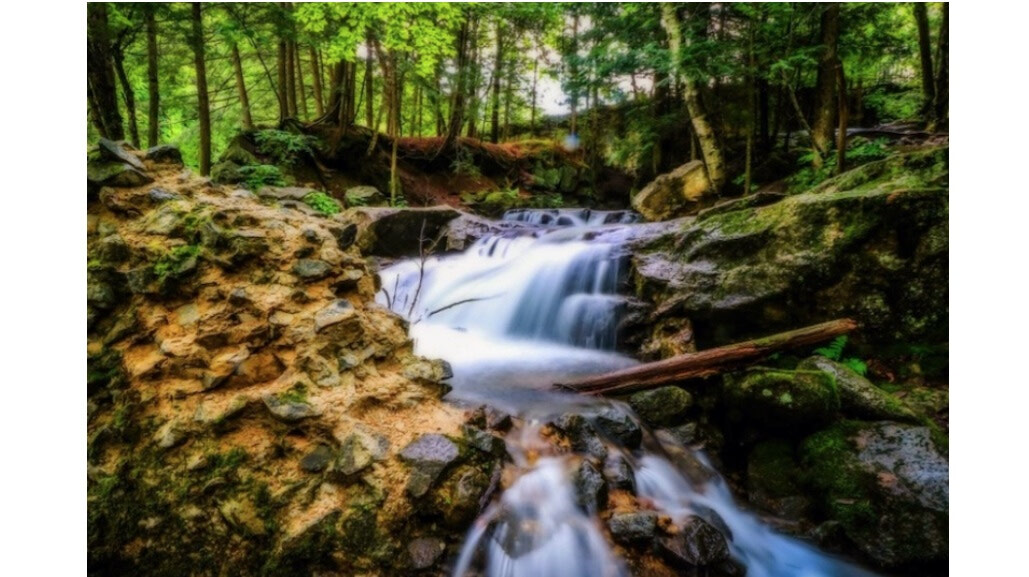Hydro-Québec Program: Over $360,000 Allocated to Projects Protecting and Enhancing Natural Environments
Tashi Farmilo
The Fondation de la faune du Québec, in collaboration with its financial partner Hydro-Québec, has recently given the green light to five new projects aimed at protecting and enhancing natural environments. With a total contribution of $366,361, these initiatives will play a crucial role in conserving aquatic environments, wetlands, and forests, while combating the habitat alteration caused by tourism activities.
In 2023, the Hydro-Québec program announced the selection of several partners to receive funding for projects aimed at protecting and enhancing natural environments. These initiatives span across various regions in Québec and encompass a range of conservation efforts. For instance, one of the projects focuses a partnership with Leave No Trace which seeks to raise awareness among tourists in the Outaouais region about the principles of responsible outdoor practices, thereby minimizing the environmental impact of human activities. The project centers around the widely recognized Leave No Trace principles, which provide a comprehensive framework for minimizing our impact on nature while enjoying the great outdoors. Originally designed for remote backcountry settings, these seven principles have evolved to encompass a range of outdoor environments, including local parks, urban backyards, and wilderness areas. The Seven Principles of Leave No Trace provide a comprehensive guide for outdoor enthusiasts to minimize their impact on the environment and promote responsible outdoor practices. The first principle, "Plan Ahead and Prepare," emphasizes the importance of being well-prepared and informed before venturing into the outdoors. "Travel and Camp on Durable Surfaces" encourages individuals to stay on designated trails and use established campsites to avoid damaging fragile ecosystems. "Dispose of Waste Properly" highlights the need to pack out all trash and waste and leave no trace behind. "Leave What You Find" urges people to leave natural objects, historical artifacts, and cultural sites undisturbed for others to enjoy. "Minimize Campfire Impacts" promotes safe and responsible campfire practices to prevent wildfires and preserve the natural landscape. "Respect Wildlife" reminds us to observe animals from a distance, not to feed them, and to respect their natural behavior. Lastly, "Be Considerate of Others" encourages outdoor enthusiasts to be mindful of fellow visitors, keeping noise levels low and respecting privacy. By following these principles, individuals can enjoy the outdoors while ensuring the preservation and sustainability of our natural spaces for future generations.
Through ongoing research and scientific insights, these principles are continually updated to reflect the latest findings in land management and effective communication with outdoor enthusiasts. This ensures that the principles remain relevant and effective for all levels of outdoor users, allowing us to foster a greater sense of environmental stewardship and sustainability in our outdoor adventures.
Raphaël Dubé, the Program Manager at the Fondation de la faune du Québec, expressed the significance of supporting projects that enhance natural areas, emphasizing the importance of raising public awareness about nature conservation. He stated, "There's little chance the initiatives to protect and develop natural environments will last if the public doesn't see their value."
Philippe Bourke, the Director of Activation and Integration of Sustainable Development at Hydro-Québec, highlighted the company's commitment to environmental protection. He said, "As a renewable energy producer, we recognize the services nature provides. Environmental protection is a key concern for us, and our most recent 2022–2026 biodiversity strategy reflects that. So, we're proud to be contributing to these initiatives to preserve our environment and make it more accessible to Quebecers."
Photo Caption: Waterfall in Gatineau Park (TF)
Photo Credit: Tashi Farmilo





